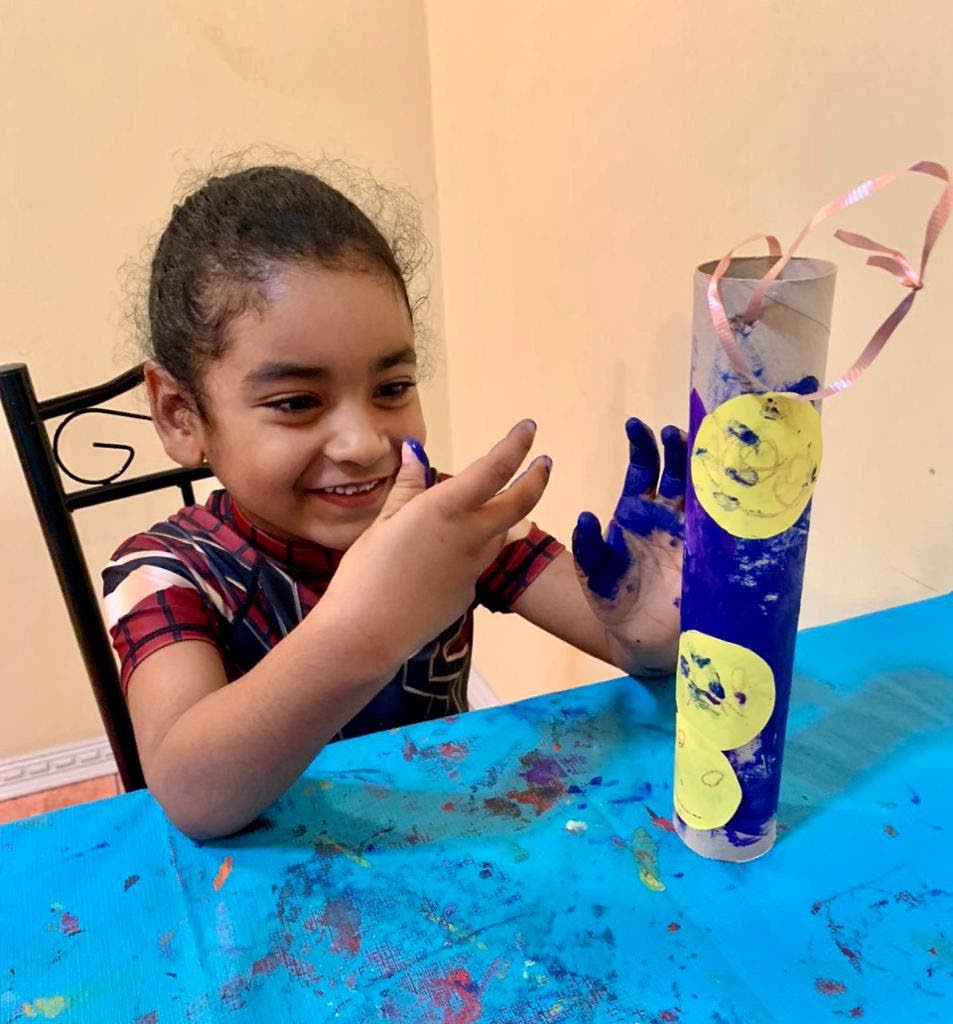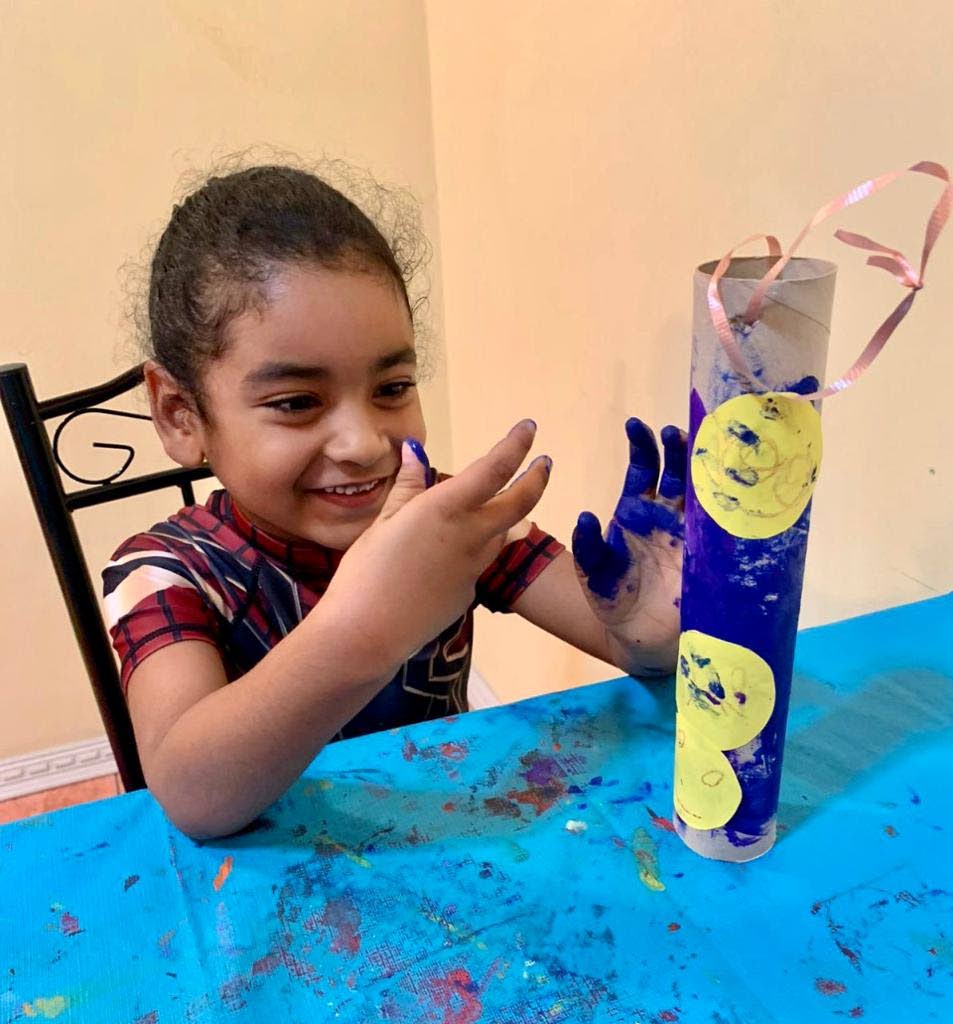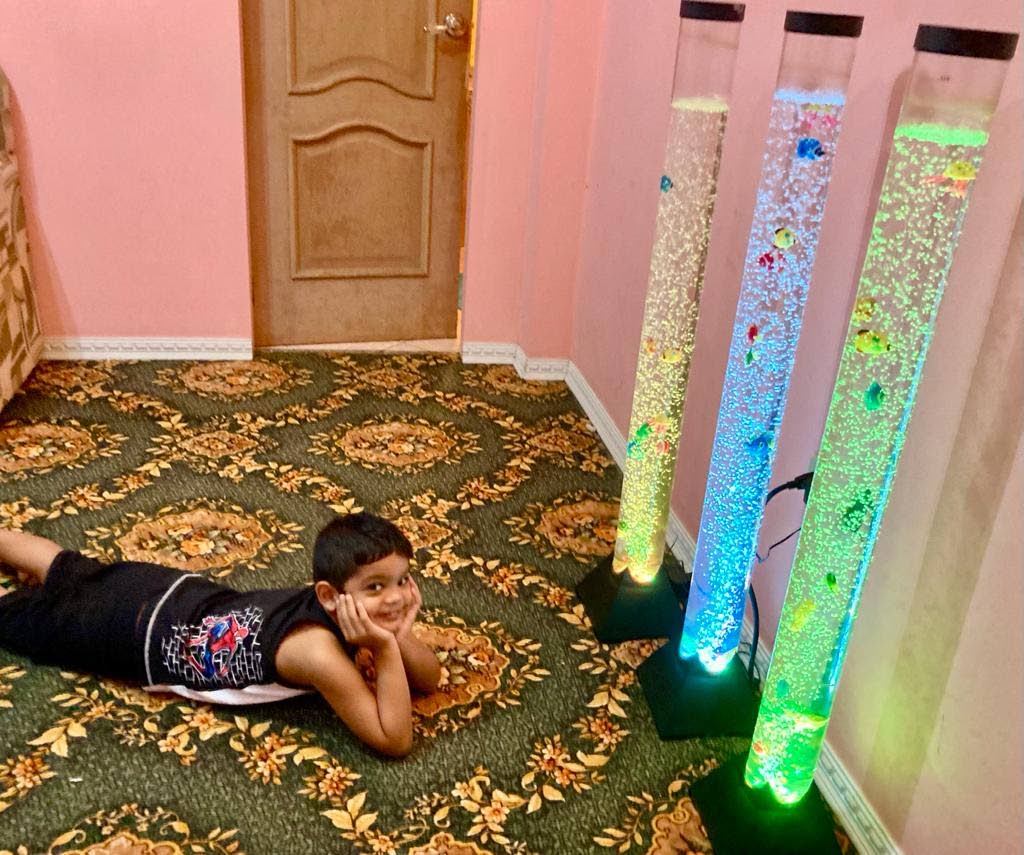Choosing a school for your special-needs child

DR RADICA MAHASE
“I was so happy when I found a school that was willing to take my son. He’s seven years old and he’s non-verbal and he has not been in a school for more than two years. So, when I found this school and they said they would take him, my prayers were answered.
"After one week the principal said that they couldn’t handle him, that the teachers found he was disruptive and he won’t sit and do his work. This school advertised as a school for autistic children and those with learning disabilities, and when I registered him, I told them he was non-verbal and they were okay with that. So, imagine my disappointment. Even worse, they said they can only refund me the deposit. We paid for a month – and it wasn’t cheap, it was $1,500, they decided they couldn’t work with him and they can’t refund us because apparently that is not their policy.”
Since the start of the new academic year there have been a proliferation of new, private schools catering to children with special needs. On one hand, this is a good thing because it means that parents now have options available, especially in more rural areas where educational opportunities were extremely limited when public schools refused to accept children with special needs. On the other hand, there are no systems in place to regulate these private school. Consequently, qualification and experience of teachers vary immensely and fees can range anywhere from $300 to $2,500 a month. At the same time, these private schools might be able to provide a more individualised education as there are no regulations over curriculum and no standardised testing.
As desperate as parents may be to find a school for their children, they still need to choose an environment that is safe and comfortable, where the child will be understood and accepted.
Here’re some rough guidelines for parents who are currently looking to enrol their children in a private school:
Visit the school with your child – It is important that your child is comfortable in the space. Organise an introductory visit to the school so that both you and the child can get a tour of the school. Walk through the space and pay attention to your child’s reaction.
Pay special attention to security – This is especially important if your child has a history of walking around or is a runner. Is it a gated compound? Will the gate be kept closed at all times? Where are the emergency exits? Is there a safe space for your child to move around – especially important if the child is hyperactive.
Quality of special-needs education available at the school – does the school cater to the four areas of special needs education:
* Communication and interaction – If my child is non-verbal will they be able to communicate with him/her? Will the teachers understand my child?
* Cognition and learning – What are the school’s plans for teaching my child? Will they use a variety of teaching methods? Will they make learning fun and interesting so that my child will be engaged in a way that he/she can learn? Will they focus on my child’s developmental age rather than chronological age so that my child can learn at his/her pace?
* Social, emotional and mental health – Are the teachers in this school trained and experienced enough to understand and address my child’s behaviour? Will they see my child as disruptive and non-co-operating or will they use strategies to help my child to interact and engage with other children. Are they experienced enough to deal with meltdowns and anxiety?
* Sensory and physical – Are there things that might lead to overstimulation? For example, if your child is sensitive to noise, is the school in a relatively quiet area or has a quiet room? If your child is affected by bright lights and smells, will this space be comfortable? Is there a sensory room, or any space, where the child can calm down and refocus?
The school’s policy – Private schools will have their own individual policies regarding things such as religion, bullying, discrimination, gender, etc. Parents have to ensure that they are comfortable with the school’s policy and understand the school’s requirements for parents. Find out if the school is run by a religious organisation and/or follows a particular religion, has worship/religious instruction as part of the school day, and make sure that you are comfortable with that before you enrol your child. Ask about policies of bullying, etc so that you are very clear about the school’s expectations.
Extra/special types of interventions available – If your child needs speech or behavioural therapy, are these available at this school? Does the school offer remedial classes? Will the child have an opportunity to try different activities such as music, sports, art or drama?
Given all of the above, it is important that parents are comfortable with a school before they enrol their children. It is equally important that the child feels comfortable (that’s why visit is so important). As parents you have to ask relevant questions and pay attention to the answers given before you enrol your child in a school to avoid bad experiences as far a possible.
While your options are very limited, an unsafe environment or teachers and aides who don’t understand your child, is harmful in the long run. At the same time, you need to work with the school by following policies and guidelines so that your child can really benefit from a private school education.
Radica Mahase is the founder/director of Support Autism T&T




Comments
"Choosing a school for your special-needs child"